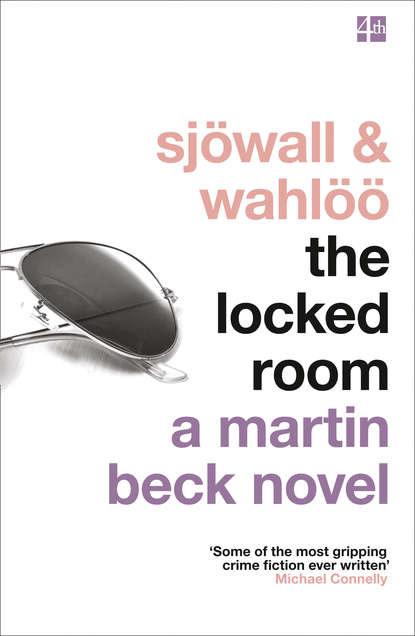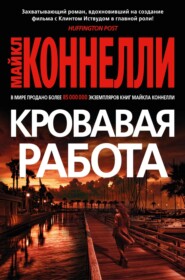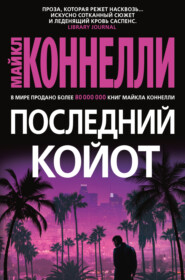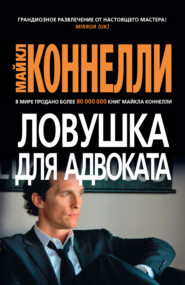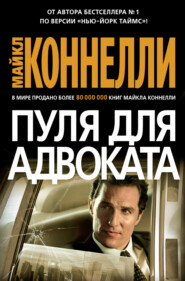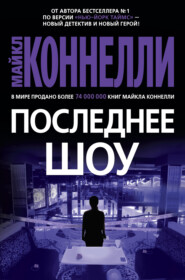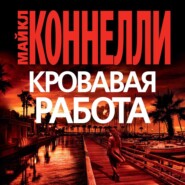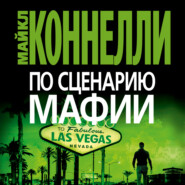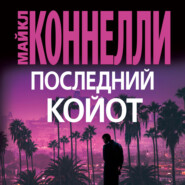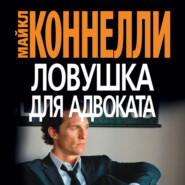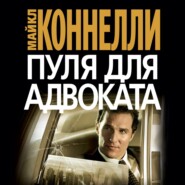По всем вопросам обращайтесь на: info@litportal.ru
(©) 2003-2024.
✖
The Locked Room
Автор
Год написания книги
2019
Настройки чтения
Размер шрифта
Высота строк
Поля
The special squad sat speechless.
The National Police Commissioner was the first to speak.
‘Nothing of this must get out.’
Naturally. Nothing was ever allowed to get out.
Superintendent Malm said in a shrill voice: ‘Absolutely nothing of this must be allowed to come out.’
Kollberg let out a guffaw.
‘How can this have happened?’ Bulldozer Olsson asked. Even he seemed a trifle put out.
‘Well,’ the film expert said, ‘there could be a technical explanation. The trigger may have got jammed and the camera started up a bit later than it should have. These are sensitive gadgets, you know.’
‘If I see so much as a single word in the press,’ thundered the National Police Commissioner, ‘then …’
‘… then the Ministry'll have to order another new carpet for someone's office,’ said Gunvald Larsson. ‘Maybe there's a kind with a raspberry flavour.’
‘Fantastic get-up she was wearing,’ snorted Kollberg.
The National Police Commissioner dashed for the door. Superintendent Malm trotted out after him.
Kollberg gasped for air.
‘What's one to say about this?’ said Bulldozer Olsson.
‘Though I say so myself,’ Gunvald Larsson said modestly, ‘I think that film was really rather good.’
10 (#ulink_7cd11623-f7f8-5c2c-a01a-d4a8122cb503)
Kollberg had collected himself and was looking dubiously at the person who, for the time being, he had to regard as his boss.
Bulldozer Olsson was the special squad's main engine. He was in love with bank robberies, and after the past year's avalanche of such events he'd blossomed as never before. It was he who had all the energy and ideas. Week after week he could go on working eighteen hours a day, without once complaining, getting depressed, or even becoming noticeably tired. At times his exhausted colleagues wondered whether he wasn't himself managing director of the Swedish Crime Co., that sinister organization which there was so much talk of. To Bulldozer Olsson police work was the most enjoyable and exciting thing imaginable.
This, no doubt, was because he was not a policeman.
He was a district attorney who was in charge of preliminary investigations into a wholly impenetrable skein of armed bank robberies. One of these was already half-solved, and a few more-or-less guilty individuals were being held in custody, and some had even been charged. But now things had reached such a pass that new hold-ups were occurring several times a week, and everybody realized that many of them were in some way and to some extent connected, though just how nobody could say.
Furthermore, banks were not the only targets. There had been an enormous increase in assaults on members of the public. Every hour of the day and night people were being struck down in the city's streets and squares, in their own boutiques, in the metro, or in their homes, indeed, everywhere and anywhere. But the bank robberies were deemed by far the most serious. To violate society's banks was to commit an outrage against its very foundations.
The existing social system was obviously hardly viable and only with the best of will could be described as functioning at all. Even this could not be said of the police. During the last two years Stockholm alone had had to shelve 220,000 criminal investigations; and even of the most serious crimes – only a small fraction of the total – only a quarter were ever cleared up.
This being the state of affairs, there was little that those who bore ultimate responsibility could do except shake their heads and look thoughtful. For a long while everyone had been blaming everyone else; and now there was no longer anyone to blame. The only constructive suggestion put forward recently had been that people should be prevented from drinking beer. Since Sweden is a country where beer consumption is rather low anyway, it can be seen just how unrealistic was the so-called thinking of many representatives of the country's highest authorities.
One thing, however, was plain. The police had largely only themselves to blame. After the 1965 nationalization, the entire force now came under a single hat, and from the outset it had been obvious that this hat was sitting on the wrong head.
For a long time now many analysts and researchers had been asking themselves what the philosophy might be that was guiding activities at National Police Headquarters. A question which, of course, went unanswered. In accordance with his doctrine that nothing must ever be allowed to leak out, the National Police Commissioner, on principle, never gave answers to anything. On the other hand, he was only too fond of speechifying –speeches which, even as samples of sheer rhetoric, were totally uninteresting.
Some years ago someone in the police force had discovered a way of manipulating crime statistics. The methods used, though simple, were not immediately obvious, and without being directly mendacious were nevertheless utterly misleading. It had all started with demands for a more militant and homogeneous police force, for greater technical resources in general, and for more firearms in particular. To get this it had been necessary to exaggerate the hazards that policemen faced. Since verbiage had not proved politically effective enough, it had been necessary to resort to another method: namely, the manipulation of statistics.
At this juncture the political demonstrations during the second half of the sixties had opened up magnificent possibilities. Demonstrators pleading for peace had been suppressed by violence. Hardly ever armed with anything but their banners and their convictions, they had been met by tear gas, water cannons, and rubber batons. Few were the non-violent demonstrations that had not ended in tumult and chaos. Those individuals who had tried to defend themselves had been mauled, arrested, and prosecuted for ‘assaulting the police’ or ‘resisting arrest’. All this information had been fed into the statistics. The method had worked perfectly. Each time a few hundred policemen were sent out to ‘control’ a demonstration, the figures for alleged assaults against the police had rocketed. The uniformed police had been encouraged ‘not to pull their punches’, as the expression went, an order which many a constable had been only too delighted to follow whenever possible. Tap a drunk with a baton and the chances of his hitting back are always fairly high.
A simple lesson, which anyone could learn.
These tactics had worked. Now the Swedish police were armed to the teeth. All of a sudden, situations that formerly could have been cleared up by a single man equipped with a lead pencil and a pinch of common sense required a busload of police officers equipped with automatics and bullet-proof vests.
The long-term result, however, was something no one had quite foreseen. Violence breeds not only antipathy and hatred but also insecurity and fear.
In the end things had come to such a pass that people were going about being scared of each other and Stockholm had become a city containing tens of thousands of terrified individuals. And frightened people are dangerous people.
Many of the six hundred officers who suddenly no longer existed had in fact resigned because they were scared – yes, even though they were armed to the teeth and for the most part just sat locked inside their cars.
Many, of course, had fled from Stockholm for other reasons, either because they'd come to dislike the place in general, or because they were disgusted with the treatment they were now obliged to mete out.
The regime had backfired. As for its deepest motives, they remained shrouded in darkness – a darkness, however, in which some people detected a tint of Nazi brown.
Examples of similar manipulations abounded, and some bore witness to outright cynicism. A year ago there had been a drive against people passing bad cheques. People were overdrawing their accounts, and some money had ended up in the wrong pockets. The figures for unsolved petty fraud were regarded as discreditable, and called for radical measures. The National Police Board objected to cheques being accepted as legal tender. Everyone knew what this would mean: people would have to carry a lot of cash with them, and this would give the green light to muggers on the city's streets and squares. Which was precisely what had happened. Fraudulent cheques, of course, disappeared, and the police could boast of a questionable success. The fact that numerous citizens were daily being beaten up was of minor importance.
It was all part and parcel of the rising tide of violence, to which the only answer was ever more numerous and still better armed police.
But where were all these policemen to come from?
The official crime figures for the first six months had been a great triumph. They showed a drop of two per cent, although, as everybody knew, there had really been a massive increase. The explanation was simple. Non-existent policemen cannot expose crimes. And every overdrawn bank account had been counted as a crime in itself.
When the political police had been forbidden to bug people's telephones, the theorists of the National Police Board had hastened to their aid. Through scare propaganda and gross exaggeration Parliament had been prevailed on to pass a law permitting phones to be bugged in the struggle against drugs. Whereupon the anticommunists had calmly continued their eavesdropping, and the drugs trade had flourished as never before.
No, it was no fun, thought Lennart Kollberg, being a policeman. What could a man do as he witnessed the gradual decay of his own organization? As he heard the rats of fascism pattering about behind the skirting boards? All his adult life he had loyally served this organization.
What to do? Say what you think and get the sack? Unpleasant. There must be some more constructive line of action. And, of course, there were other police officers besides himself who saw things in the same light. But which, and how many?
No such problems afflicted Bulldozer Olsson. Life, to him, was one big jolly game, and most things as clear as crystal. ‘But there's one thing I don't get,’ he said.
‘Really?’ said Gunvald Larsson. ‘What?’
‘What happened to that car? The roadblocks functioned as they ought to, didn't they?’
‘So it appears.’
‘So there should have been men on all the bridges within five minutes.’
The south of Stockholm is an island, with six points of access. The special squad had long ago devised detailed schemes by which each of the central Stockholm districts could quickly be sealed off.
‘Sure,’ said Gunvald Larsson. ‘I've checked with the Metropolitan Police. For once everything seems to have clicked.’
‘What kind of a car was it?’ Kollberg asked. As yet he hadn't had time to catch up on all the details.
‘A Renault 16, light grey or beige, “A”-registered, and with two threes in its number.’





